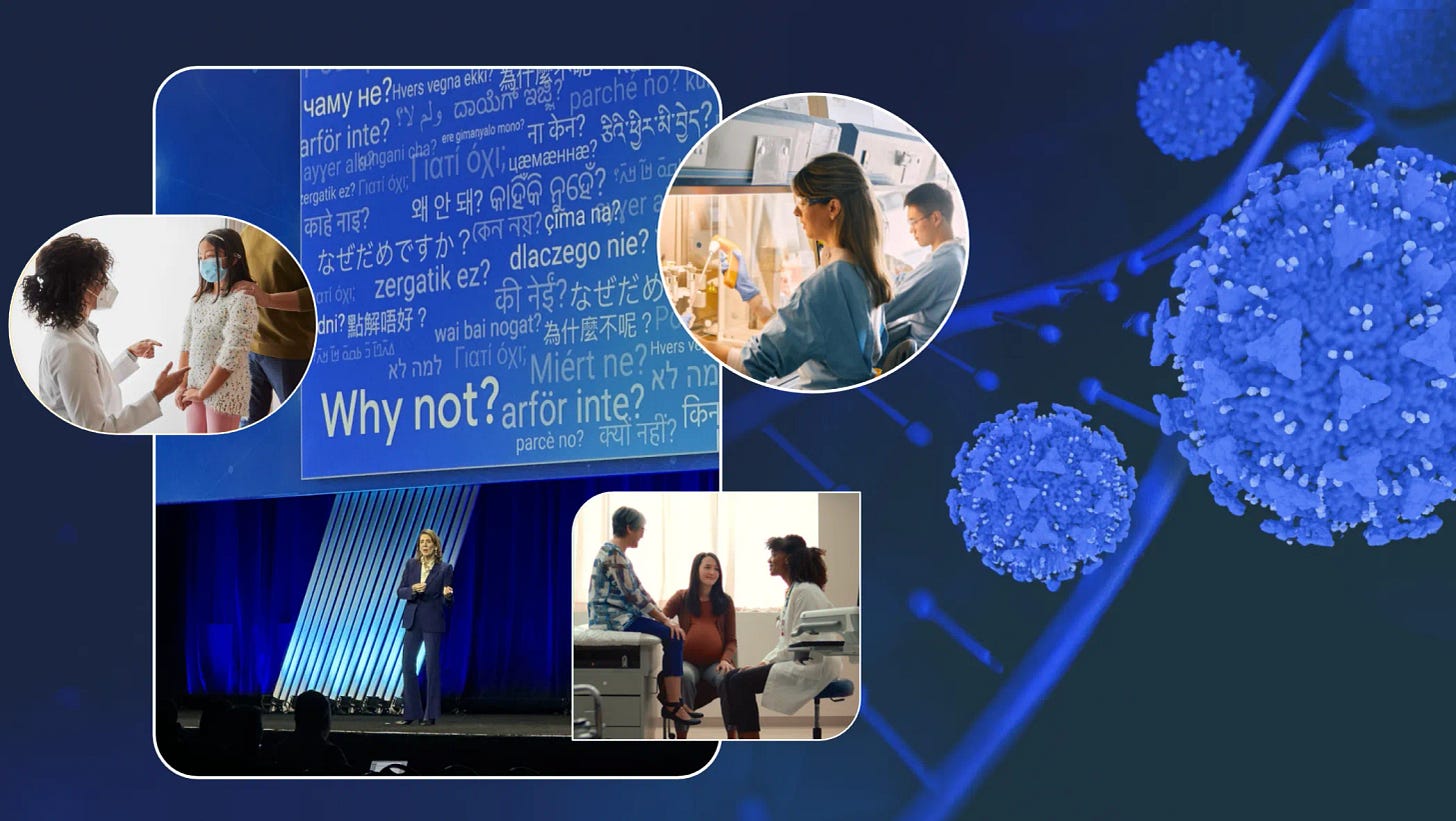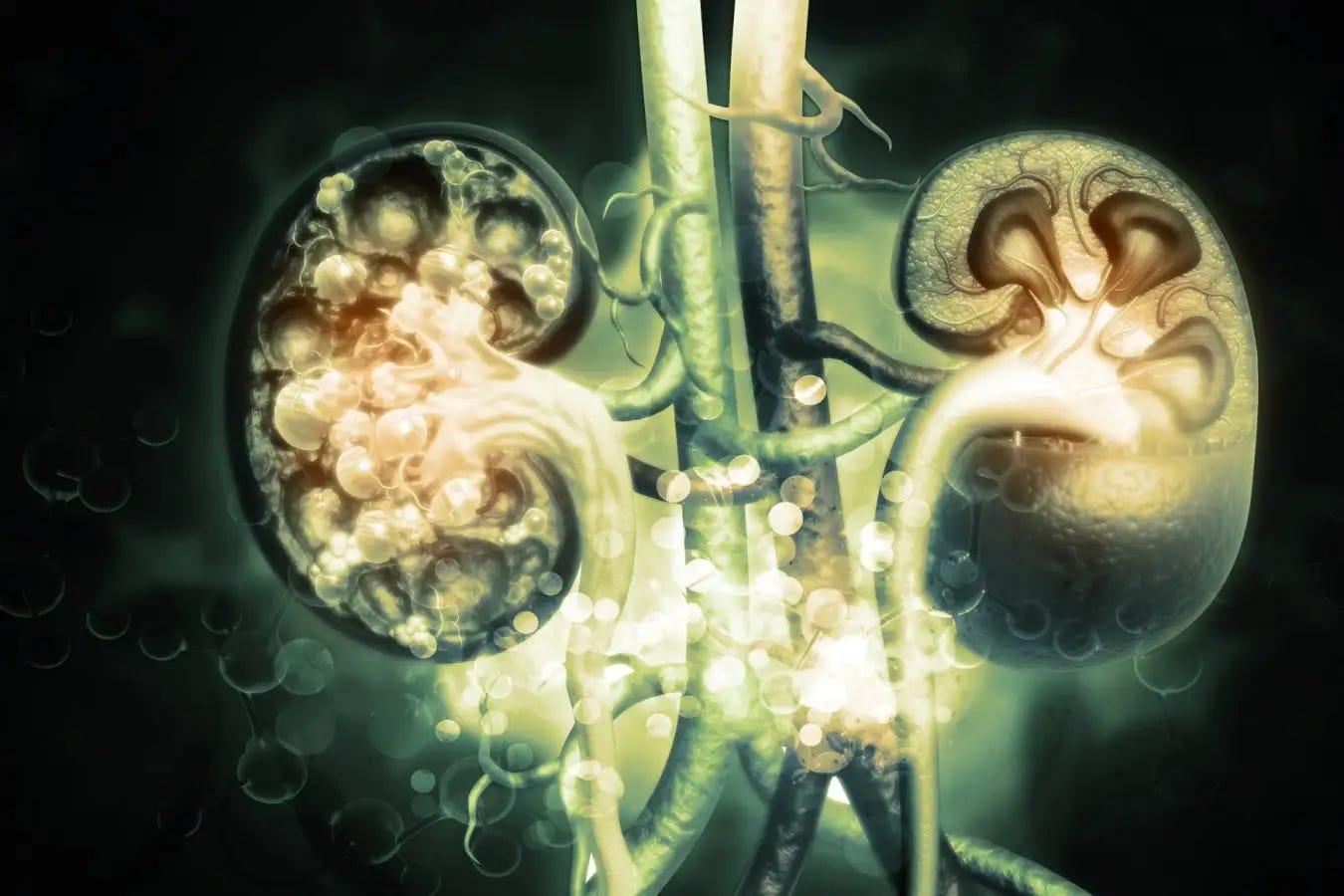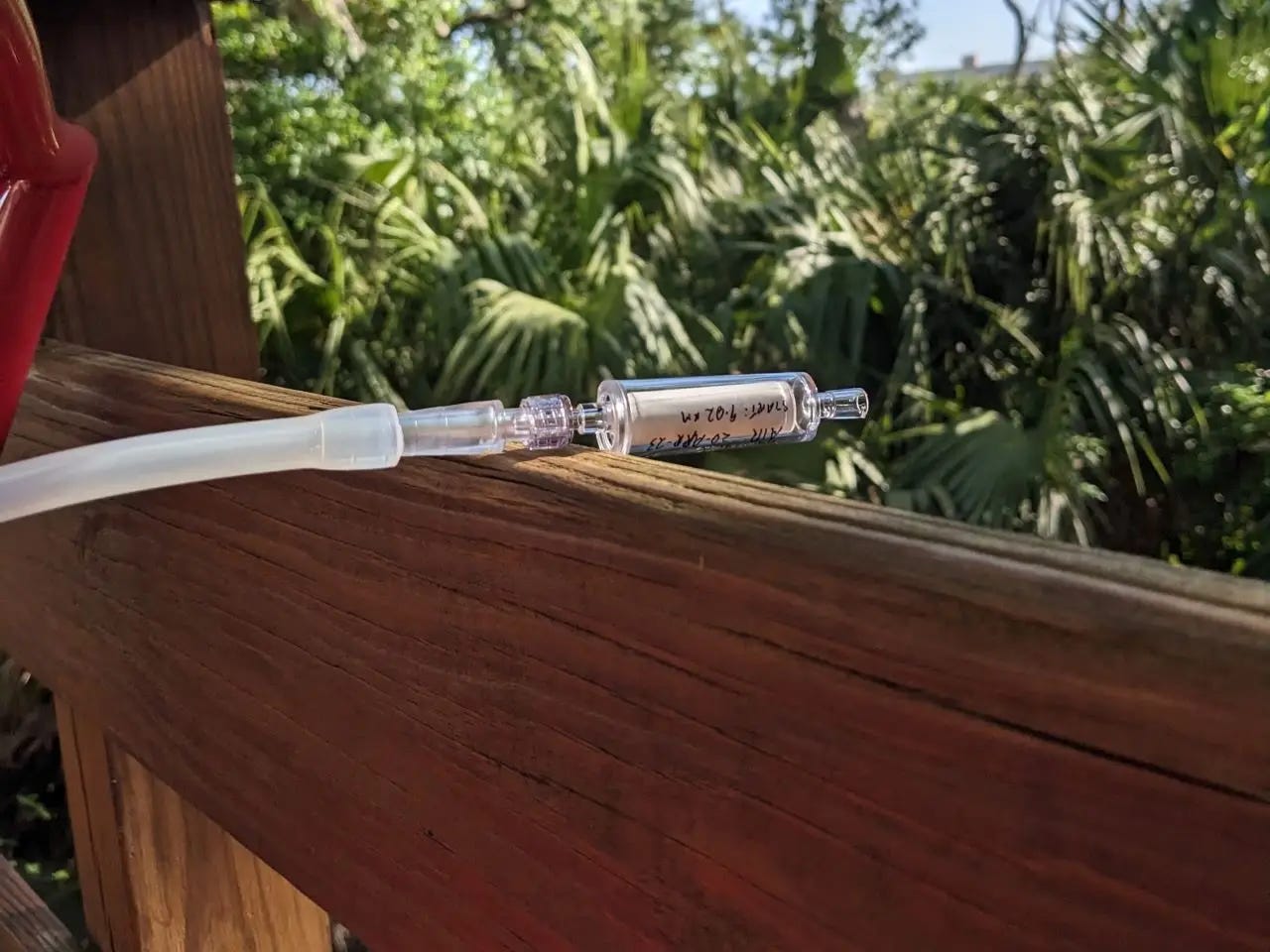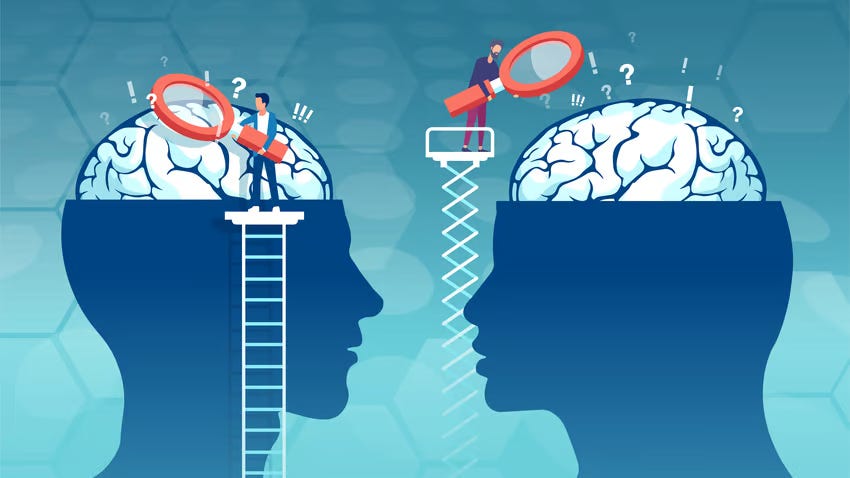Tylenol Stops Pain at the Source, Not Just in the Brain
A groundbreaking discovery from researchers at Hebrew University reveals acetaminophen (Tylenol) doesn't just dull pain in the brain—it also blocks pain signals at their source. Scientists identified that a metabolite called AM404 directly inhibits sodium channels in pain-sensing nerves, stopping pain signals before they even reach the brain. This overturns long-held beliefs that acetaminophen works exclusively in the central nervous system.
Implications: This insight could lead to developing safer, more targeted pain medications that effectively reduce pain without common side effects like numbness or muscle weakness. However, extensive clinical research is needed to translate these findings into practical treatments.
Chemical Cocktail Enables Limb Regeneration in Mammals
Researchers successfully stimulated limb regeneration in mammals using a chemical cocktail inspired by axolotl biology. The combination reactivates dormant regenerative pathways, resulting in partial limb regrowth in mouse models—an unprecedented feat in regenerative medicine.
Implications: If replicated in humans, this approach could revolutionize treatment for amputees or severe injuries. However, translating these findings to clinical practice faces challenges, including managing cell proliferation risks and ensuring functional limb regeneration.
Google's AI Healthcare Initiatives at ASCO
At the ASCO conference, Google detailed new AI-driven initiatives aimed at transforming cancer diagnosis, treatment personalization, and healthcare data management. These tools enable faster analysis of medical data, enhancing physician decision-making and patient outcomes.
Implications: Google's efforts could significantly improve oncology care efficiency and accuracy. Ensuring robust data privacy, regulatory compliance, and equitable healthcare access will be critical to the successful deployment of these AI technologies.
Gene Editing Shows Promise in Kidney Disease Repair
A groundbreaking gene-editing technique successfully repaired kidney damage previously deemed irreversible, significantly restoring kidney function in animal models. The CRISPR-based method targets and repairs fibrosis-related genetic pathways, promoting healthy tissue regeneration.
Implications: Such advancements offer hope for chronic kidney disease patients who currently rely on dialysis or transplants. Extensive clinical trials, ethical reviews, and careful monitoring will be required to safely translate this therapy into human applications.
Handheld Device Rapidly Profiles Airborne DNA
A newly developed handheld device quickly identifies and profiles genetic material from airborne particles, drastically accelerating pathogen detection and environmental monitoring. This portable technology provides accurate genetic profiles within minutes.
Implications: Real-time airborne DNA analysis could transform disease outbreak responses, environmental assessments, and biosecurity measures. Broader adoption will depend on cost-effective production, data security, and regulatory frameworks.
Lipid-Lowering Drug Linked to Alzheimer's Cognitive Improvement
NewAmsterdam Pharma reported promising trial results linking their lipid-lowering medication to improved cognitive function and reduced Alzheimer's biomarkers. Patients showed measurable cognitive improvements alongside reduced pathological markers associated with Alzheimer's progression.
Implications: This finding could revolutionize Alzheimer’s treatment by repurposing cardiovascular medications, potentially streamlining regulatory approval. Further extensive trials must confirm these benefits and evaluate long-term safety and patient-specific effectiveness.
Thank you for reading! Stay tuned for more discoveries pushing the boundaries of healthcare, biotechnology, and beyond.
















Share this post